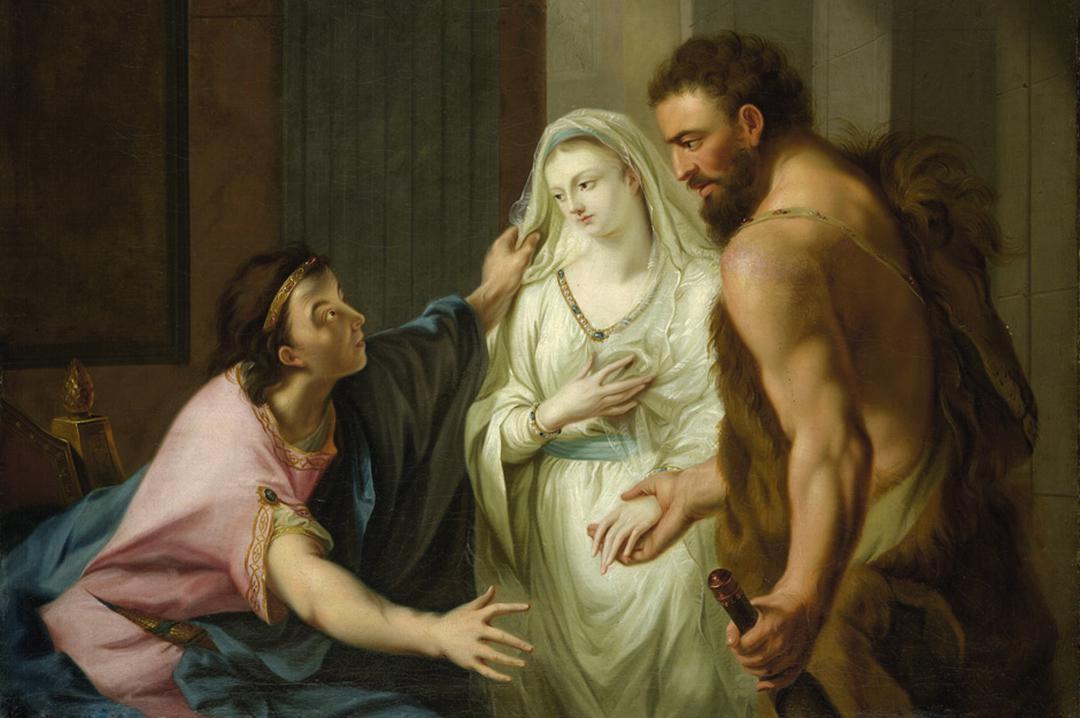Would you die so that another could live? This is the question that the Greek playwright Euripides asks us to consider in his play “Alcestis,” from 438 B.C.
The play’s central dilemma is starkly and efficiently presented: Due to his hospitality to Apollo, King Admetus has earned some bargaining power with the Fates when they send Death to claim him well before old age. The deal is this: If he can find someone to willingly take his place, his own life will be spared. Understandably, everyone he asks refuses. Everyone, that is, except his beloved wife, Alcestis.






